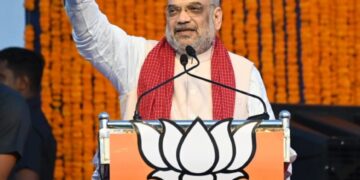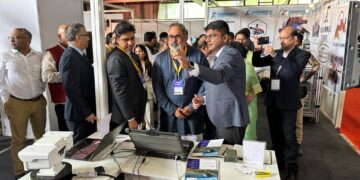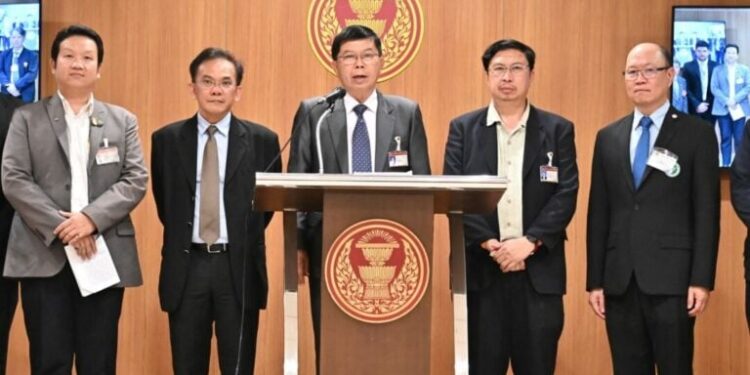On On June 13, Mr. Niyom Wierathandithakul, Phrae MP of the Party for Thailand & the chairperson of the Special Parliamentary Committee tasked with studying laws and measures to control e-cigarettes in the country, proposed three approaches:
- Continue the ban on e-cigarettes and toughen existing laws,
- Regulate heated tobacco products (HTPs) while maintaining the e-cigarette ban,
- Regulate both e-cigarettes and HTPs.
Explaining the committee’s stand, he said that its 35 members represent various state agencies, civil organizations, relevant offices, and individuals experienced with e-cigarettes. The committee has invited experts and examined multi-facet impacts, including on health, society, children and youth, the economy and law enforcement. The committee has taken into consideration the state of reality in Thailand, where e-cigarettes have been a longstanding societal issue. He emphasized that these efforts are meant for national interest&asserted that protecting children and youth remains the top priority for the committee.
Niyom noted that, although e-cigarettes are currently illegal in Thailand, their usage remains widespread. Therefore, the committee must seek regulatory & control measures appropriate to Thailand’s circumstances, state of reality and context. For this reason, the committee has established two sub-groups: one for considering regulatory measures and another for preparing the report. The committee’s approach will be independent and based on Thailand’s specific context. Once the study is finalized, the results will be presented to the House of Representatives for further decision by the executive branch or the government on their chosen approach.
Dr. Human Leethiraprasert, a Pheu Thai Party MP, the committee’s secretary, and head of the sub-committee on the regulation of e-cigarettes in Thailand, said the working team understands the need to protect people’s health and prevent children and minors from gaining access to e-cigarettes. Nevertheless, the sub-committee sees loopholes in the existing laws and has come up with 3 policy options that it will propose to the main committee:
- Ban the use of e-cigarettes, which can be done by either: amending relevant laws, including Ministry of Commerce’s announcements and the Office of the Consumer Protection Board’s orders, to make them clear and expand their scopes to cover e-cigarette possession and production, or amending the relevant act to put e-cigarettes on the list of illegal goods, which would make e-cigarette production, import, possession, advertisement and vaping illegal.
- Put heated tobacco products, or heat-not-burn products, on the list of controlled goods by amending relevant laws, including Ministry of Commerce’s announcements and the Office of the Consumer Protection Board’s orders, and introducing a new law to put them on the list of tobacco products that are subject to excise tax under the Excise Tax Act and subject to the same access, advertisement and communication restrictions as other tobacco products.
- Put both e-cigarettes and heated tobacco products on the list of controlled goods by amending relevant laws and subject them to strict regulation.
All the 3 solutions will be proposed to the main committee soon.
The sub-committee also recommended that terms like “e-cigarette”, “e-liquids”, “e-cigarette equipment” and “heated tobacco product” be clearly defined to enable efficient law enforcement. It also recommended that relevant laws be evaluated for their effectiveness and every measure be enforced more seriously to prevent children and minors from gaining access to e-cigarettes.
In the end, all 35 committee members, which come from both the government and the opposition, will vote to choose the solution that the committee will stick to. Opinions of both the majority and minority will be considered& every opinion of the committee will be recorded and submitted to the parliament.




































